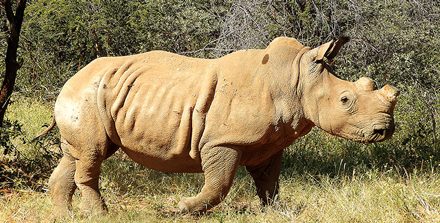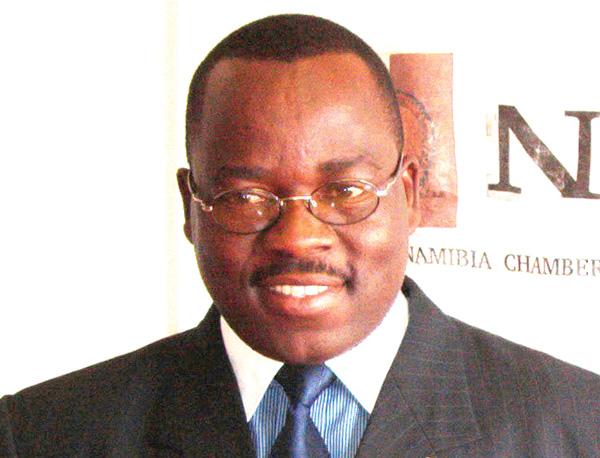
Tourism experts remain bullish

Market Research Manager at FNB, Daniel Kavishe, said despite the challenges faced in the tourism industry pundits remain bullish. He said this following the latest report for FNB/FENATA Travel Index which reveals it has contracted by 7.5% (real terms) for the final quarter of 2016.
On an annual basis, The FNB/FENATA Travel index grew by 1.6%, supported mainly by the growth in the third and second quarter.
Kavishe said, nominally, the growth was much higher at 11.3%, with hospitality inflation making up the difference. High food, utilities, fuel and transport costs have pushed up hospitality inflation to 9.6%.
Regarding performance in the fourth quarter Kavishe said it tended to be a subdued but was lifted by the range of conferences during that period e.g. the investor conference.
According to the respondents, business performance increased during the fourth quarter. Compared to last year 4Q2015, the business performance indicator improved from 2.9 to 5.7 after 20.1% of the respondents recorded very favourable business performance/activity during the quarter. This was reflected in increased tourist arrivals where 36% noted good arrivals at their respective establishments, while a further 4% recorded very good tourist arrival numbers.
“Despite improvement in the bed occupancy level, load factor remained dire, contracting by 6.7% quarter-on-quarter (q-o-q). The increase in flights did not have a corresponding increase in passenger numbers and hence load factors contracted of 6.7 q-o-q. Furthermore, the Namibian dollar appreciated during the quarter, hence pushing the index lower, since 54% of the bed nights sold, were sold to non-CMA residents and a stronger domestic currency erodes their purchasing power in Namibia and based on our indexed data, bed occupancy rates were 32% higher q-o-q,” said Kavishe.
“As with many industries in Namibia this year, the tourism industry also faces a number of challenges,” said Kavishe.
“Most operators have noticed the impact of the slowing economy on their respective businesses, particularly those that rely on government for conferences, seminars or workshops. These activities often supply consistent revenue streams, but with government cutting back, several businesses have, and are expected to experience a slump in operations. Furthermore, delayed payments from the public sector exerted pressures on business cash flows after government departments failed to meet their financial obligations in due time,” he said
Looking forward, he said the sentiment index improved to 2.3 compared to last year’s measly 0.88 score, gaining 1.4pts qoq. The sentiment index Incorporates future employment, future revenue and ultimately business confidence for the sector.
Accordingly, 23% of the respondents expect to increase employment levels during the first quarter, while 34.5% of the respondents believe that the revenue for the period will be “good”.
In conclusion Kavishe said, “Other than South Africa that features once more as Namibia’s largest competitor, respondents feel that Namibia’s tourist offering is differentiated within the region with aspects such as affordable packages, a stable political environment and interest from none traditional tourist countries. Vendors are hoping that the new airlines will improve volumes of tourists to Namibia.”











































